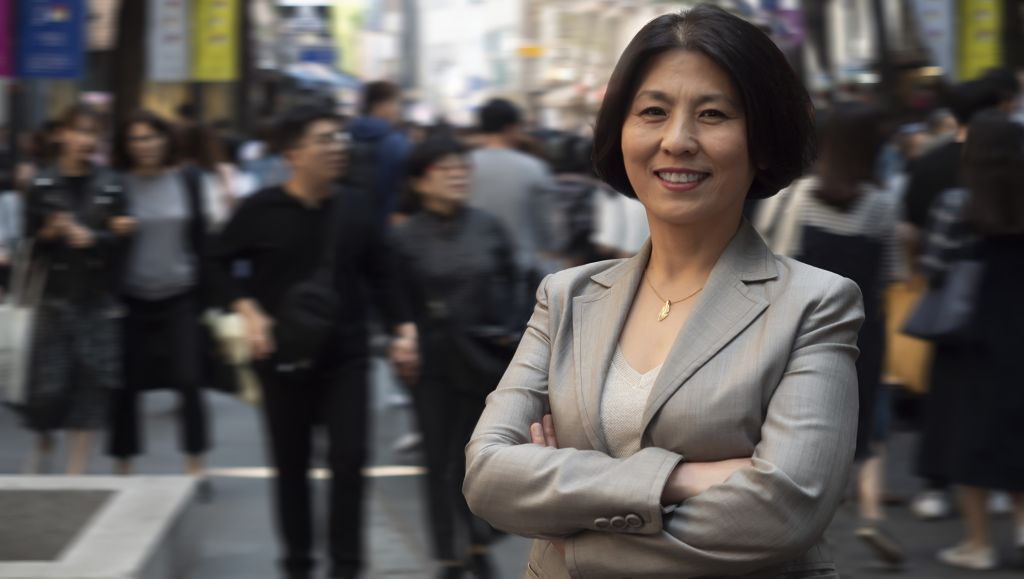"We need to explore different ways of planning and building our cities"


What will increased urbanization lead to?
“This trend entails multifaceted consequences. In many parts of the world, urban living means better life through access to better jobs, higher income, better education and infrastructure. In other parts, we see a rapid expansion of slum areas where people live without proper housing or access to basic services.”
Has the on-going pandemic changed the speed and form of urbanization?
“I don’t think this pandemic will fundamentally change this trend. There will be some preference for suburban or rural life, especially among some middle class, white collar urban residents. But the key driving force of urbanization lies elsewhere: in developing countries, people seeking for jobs and better livelihood in cities, and will most likely remain unchanged.
What must change if urbanization continues at this pace?
“Up to 90 per cent of all future population growth will be added to cities in developing countries. Equipping these cities with the same level of infrastructure as cities in today’s developed countries will use up about 30 per cent of the remaining carbon budget if we are to stay within the 2-degree target. We need to explore different ways of planning and building our cities.”
What role does transportation play in this?
“Low carbon, affordable, accessible, and safe mobility are always at the center of the idea of sustainable cities”.
Currently transportation systems contribute a big share of greenhouse gas emissions. Shared and automated mobility, renewable cars and solar paved highways are some major innovations just around the corner. These have the potential to completely change urban structures and forms, the way cities function and urban living.”
How can businesses help the transition to sustainable cities?
“Many things can be done. Re-examining the supply chain from a sustainability perspective, using locally sourced materials when possible, improving energy and resource efficiency in production, innovating and adopting new product designs that encourage circular economies and reduce waste streams – these are just some examples. It is also important that businesses take active interest in their host city, and support researchers, policy makers, practitioners and the community to help accelerate sustainability.”
About Xuemei Bai:
Xuemei Bai is a distinguished professor of urban environment and human ecology at the Fenner School of Environment & Society at the Australian National University, Canberra, Australia. One of her focus areas is to better understand the role of cities in global sustainability.
In 2018, Xuemei Bai was awarded the Volvo Environment Prize. The motivation of the jury:
“Professor Xuemei Bai is one of the most active global thought leaders in urban sustainability research, working across scales and tackling both theoretical and applied challenges with a focus on urban development in East Asia. Her work is an outstanding example of the application of research to policy and practice.”